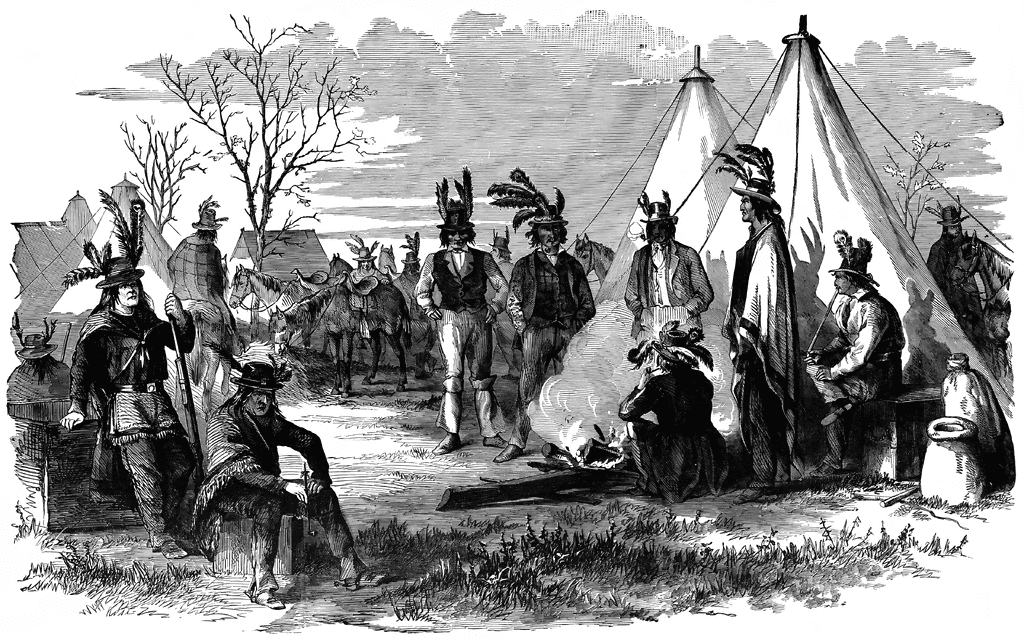 I'm still researching and writing a series of books set during Pontiac's Rebellion in 1763. This was a brutal time in our history - no doubt - and parts of it fly in the face of what "everyone knows" about the Native Americans.
I'm still researching and writing a series of books set during Pontiac's Rebellion in 1763. This was a brutal time in our history - no doubt - and parts of it fly in the face of what "everyone knows" about the Native Americans.One subject that's always expressed in terms of the European invaders is slavery. But did you realize that Native Americans also practiced it? Not in the exact same way, since they didn't own or operate large plantations, but in one of the first-hand accounts I read, the journal of a young man taken captive by a Native American, he clearly is put to work as a slave. His freedom is gone, he's tied in the wigwam at night so that he can't escape, and he's made to work long hours at backbreaking labor with no compensation or hope of release. He is - in every way - a slave, so much so that he is sold to a French trader before being stolen by another Native American and returned to slavery.
This is another subject I can't write about in my novels, at least, not without repercussions. "Everyone knows" that slavery was black Africans owned by white Europeans. That is true. It happened. It was a detestable practice. That Native Americans also practiced it shouldn't really surprise the reader, because pretty much every culture on earth practiced slavery in some form. Native Americans were as human as the rest of us and as capable of doing the unthinkable to their fellow human beings. The fact that slavery was practiced by many, many cultures neither excuses or legitimizes the practice. It simply is how the world worked at that time.
But I fear that it will not be accepted as part of my stories. At least, not a large part. Maybe a subtle mention, but no more. It's a truth today's reader with our modern prejudices doesn't want to see.



You're brave to write about this. It's so true. It's also very unfortunate, because there are voices out there like ours who long to be true to history, and yet tell a story that humanizes those times in personal ways that might actually make a reader empathetic--seeing past ethnicity and prejudices. Write on!
ReplyDeleteBrave or fool-hearty. We'll find out which. ;)
DeleteWhen the abuse of slavery in America is addressed, very little is mentioned about the fact that the Africans brought to our shores were sold by other Africans.
ReplyDeleteOr that free blacks also owned slaves. That doesn't fit the "narrative" as they say these days. But it's historically accurate.
DeleteNo one should ever have a fear about writing researched truth.
ReplyDeleteWhat a shame in today's society when even facts cannot be spoken of.
Well done!
Thank you. I feel like I'm walking on eggshells even writing this series of blog posts. But so far, the history buff reading this are on the side of truth over narrative. I think that's a good thing!
DeleteI've enjoyed your series very much.
DeleteThank you.